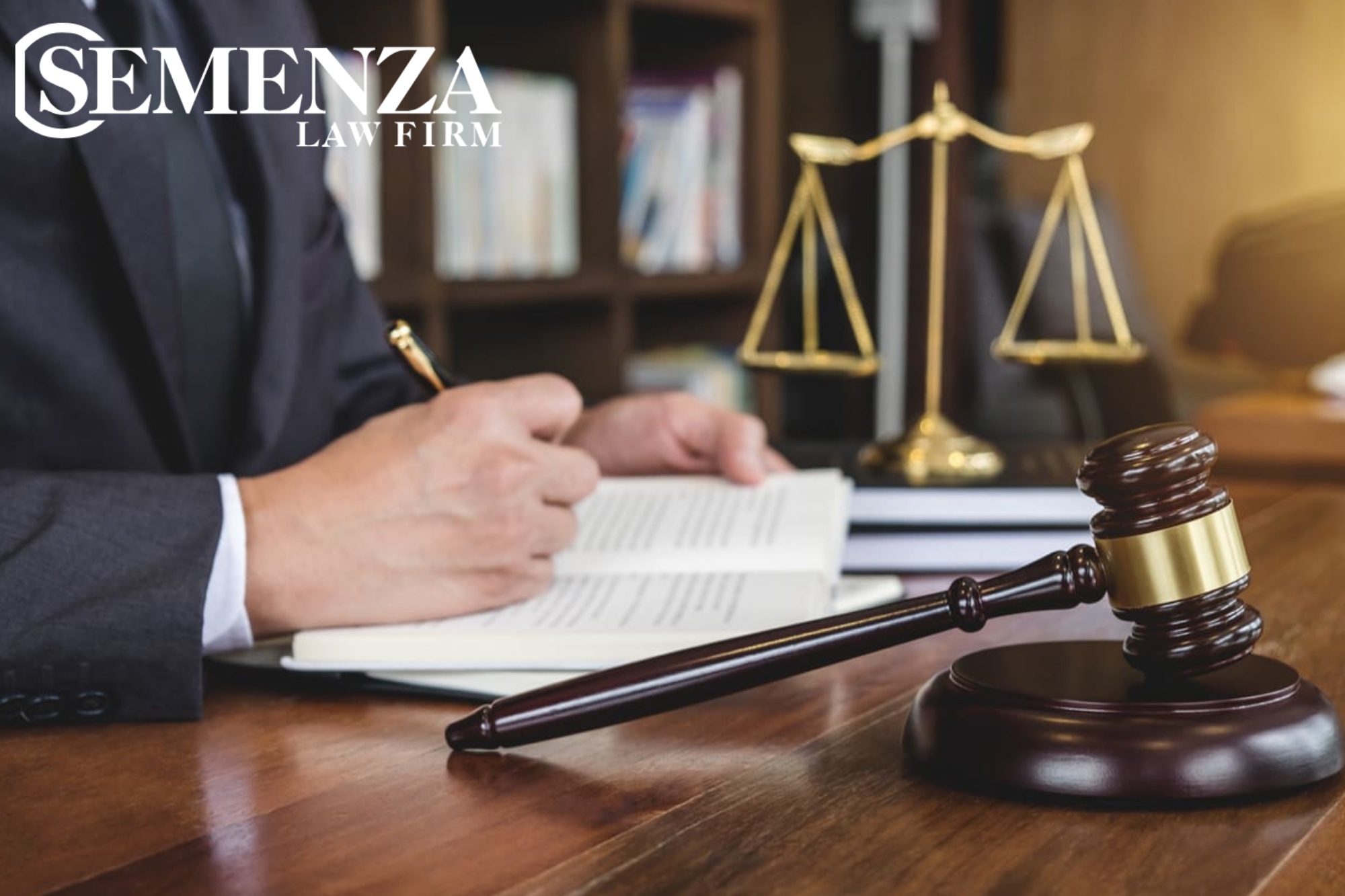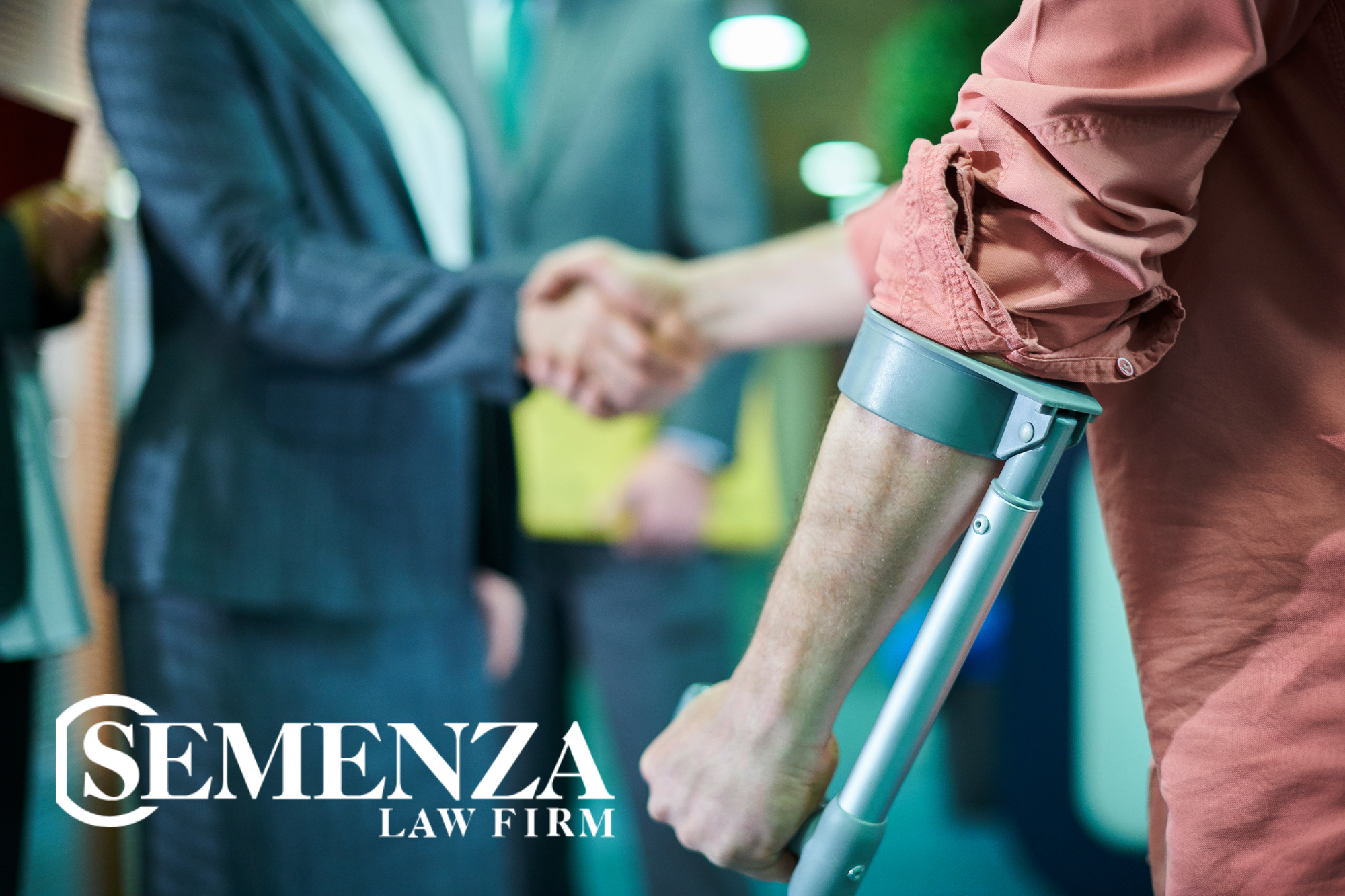Bicycle accidents are often seen as less severe than other types of traffic collisions, but the truth is, they can be far more dangerous than many realize. Whether you’re a seasoned cyclist or a casual rider, the risks involved with cycling—especially in urban environments—are significant. Despite the advantages of cycling, including its environmental benefits and health perks, the potential for serious injuries or fatalities exists, often due to factors like distracted driving, poor road conditions, or even lack of proper cycling infrastructure.
In this article, we’ll take a deep dive into why bicycle accidents can be more dangerous than you might think, highlighting some of the most common causes, potential injuries, and steps to take if you’re involved in an accident.
Common Causes of Bicycle Accidents
Understanding what causes bicycle accidents is the first step in realizing their potential severity. While cyclists are particularly vulnerable due to their lack of protection compared to motor vehicle occupants, the causes of accidents are varied and often stem from both cyclist and driver actions.
1. Distracted Driving
One of the most significant factors contributing to bicycle accidents is distracted driving. With the rise of smartphone usage, drivers are increasingly distracted by texting, browsing, or talking on their phones while driving. A driver who fails to notice a cyclist in their path can easily cause a crash, often without realizing the severity of their action.
Cyclists who are in the bike lane or sharing the road with vehicles are especially vulnerable to distracted drivers, who may fail to yield or even swerve into bike lanes without checking for cyclists.
2. Poor Infrastructure
Many cities lack the necessary infrastructure to safely accommodate cyclists. Inadequate bike lanes, poorly marked roadways, and lack of signage can increase the likelihood of an accident. Cyclists may have to navigate through poorly maintained roads or even ride alongside fast-moving traffic without designated lanes, creating dangerous situations.
When infrastructure is lacking, cyclists often find themselves on roads with little to no protection, forcing them to navigate through traffic or crowded intersections, heightening the risk of accidents.
3. Driver and Cyclist Disregard for Traffic Laws
Both drivers and cyclists are responsible for adhering to traffic laws to ensure everyone’s safety. Unfortunately, violations on both sides—such as a driver failing to stop at a stop sign or a cyclist running a red light—can lead to devastating consequences. Cyclists, in particular, may be more prone to ignoring traffic rules due to the convenience or urgency of their ride.
Disregard for laws can create situations where a cyclist is forced to make sudden maneuvers or take unexpected actions, leading to a greater likelihood of accidents.
4. Weather Conditions
Cycling in poor weather conditions—such as rain, fog, or snow—significantly increases the danger. Wet or slippery roads reduce tire traction, making it harder for cyclists to stop or navigate turns. In inclement weather, both cyclists and drivers may have reduced visibility, which can make it difficult to see other road users in time to avoid a collision.
Riding in bad weather can also increase the likelihood of mechanical failure in bicycles, such as brakes not working properly, which only amplifies the dangers involved.
Potential Injuries in Bicycle Accidents
Due to the limited protection that cyclists have compared to vehicle occupants, injuries sustained in bicycle accidents can be severe and often life-changing. Here are some of the most common types of injuries cyclists can experience:
1. Head Injuries
One of the most serious injuries cyclists can sustain is a head injury. A traumatic brain injury (TBI) can occur even from a low-speed crash, leading to long-term cognitive and physical impairments. Wearing a helmet significantly reduces the risk of head injuries, but helmets cannot entirely eliminate the danger. Concussions, skull fractures, and other forms of brain trauma can result from an impact.
2. Spinal Injuries
Spinal cord injuries can result from a high-impact fall or collision. These injuries can be debilitating and may lead to partial or complete paralysis. Even if the spine is not completely severed, damage to the spinal cord can lead to long-term complications, including chronic pain or loss of mobility.
3. Fractures and Broken Bones
Due to the force of a collision, cyclists often suffer fractures or broken bones, particularly in the arms, legs, wrists, and collarbones. While many of these fractures can heal with treatment, they may take months to recover from, and the pain and inconvenience can significantly affect a cyclist’s quality of life.
4. Road Rash and Lacerations
When cyclists are thrown from their bikes onto the road, they are often subjected to abrasions and cuts from the rough surface. Road rash, while not life-threatening, can be painful and may lead to infections if not properly treated. Lacerations to the face or body may require stitches, and in severe cases, they can leave permanent scarring.
5. Internal Injuries
Internal injuries, including damage to organs such as the liver, lungs, or kidneys, can occur if a cyclist is struck with significant force. These injuries are often not immediately visible and may require medical attention to diagnose. In some cases, internal bleeding can be fatal if not addressed quickly.
Why Bicycle Accidents Can Be More Dangerous Than You Realize
The real Scranton bicycle accident dangers lie in the unique vulnerabilities that cyclists face. While the risk of injury in any type of accident is significant, the lack of protection that cyclists have compared to vehicle occupants makes their injuries more likely to be severe. Unlike drivers and passengers who are protected by the metal frame of a vehicle and seat belts, cyclists are exposed to the elements, leaving them more susceptible to serious harm.
The severity of injuries can be compounded by the fact that many cyclists may not seek medical help immediately after an accident. They may feel the effects of an injury hours or even days after the accident has occurred. Delayed symptoms from concussions, whiplash, or internal injuries can worsen over time, leading to long-term health problems.

What to Do If You're Involved in a Bicycle Accident
If you are involved in a bicycle accident, there are several important steps to take to protect your health and legal rights:
1. Seek Medical Attention
Even if you feel fine after the accident, it’s important to seek medical attention immediately. Some injuries, such as concussions or internal bleeding, may not be immediately apparent. A healthcare professional will be able to assess your condition and provide necessary treatment.
2. Document the Scene
If you are able to, take photos of the accident scene, your injuries, and any damages to your bicycle. Collect information from witnesses, including names and contact information, as well as details of the other party involved in the accident, such as insurance information.
3. Report the Accident
Notify law enforcement and file a report, especially if there was a collision with a vehicle. A police report will serve as an official record of the incident, which can be helpful in any potential legal claims or insurance settlements.
4. Consult an Attorney
If you’ve been injured in a bicycle accident, you may have legal options to seek compensation for medical bills, lost wages, and pain and suffering. An experienced personal injury lawyer Scranton PA can guide you through the legal process and help you understand your rights.
About Semenza Law Firm
Semenza Law Firm is dedicated to serving individuals in the Scranton area who have been injured in accidents, including bicycle accidents. We provide compassionate, professional legal representation to help clients navigate the complexities of Scranton personal injury claims. Our team is committed to fighting for the justice and compensation you deserve.






